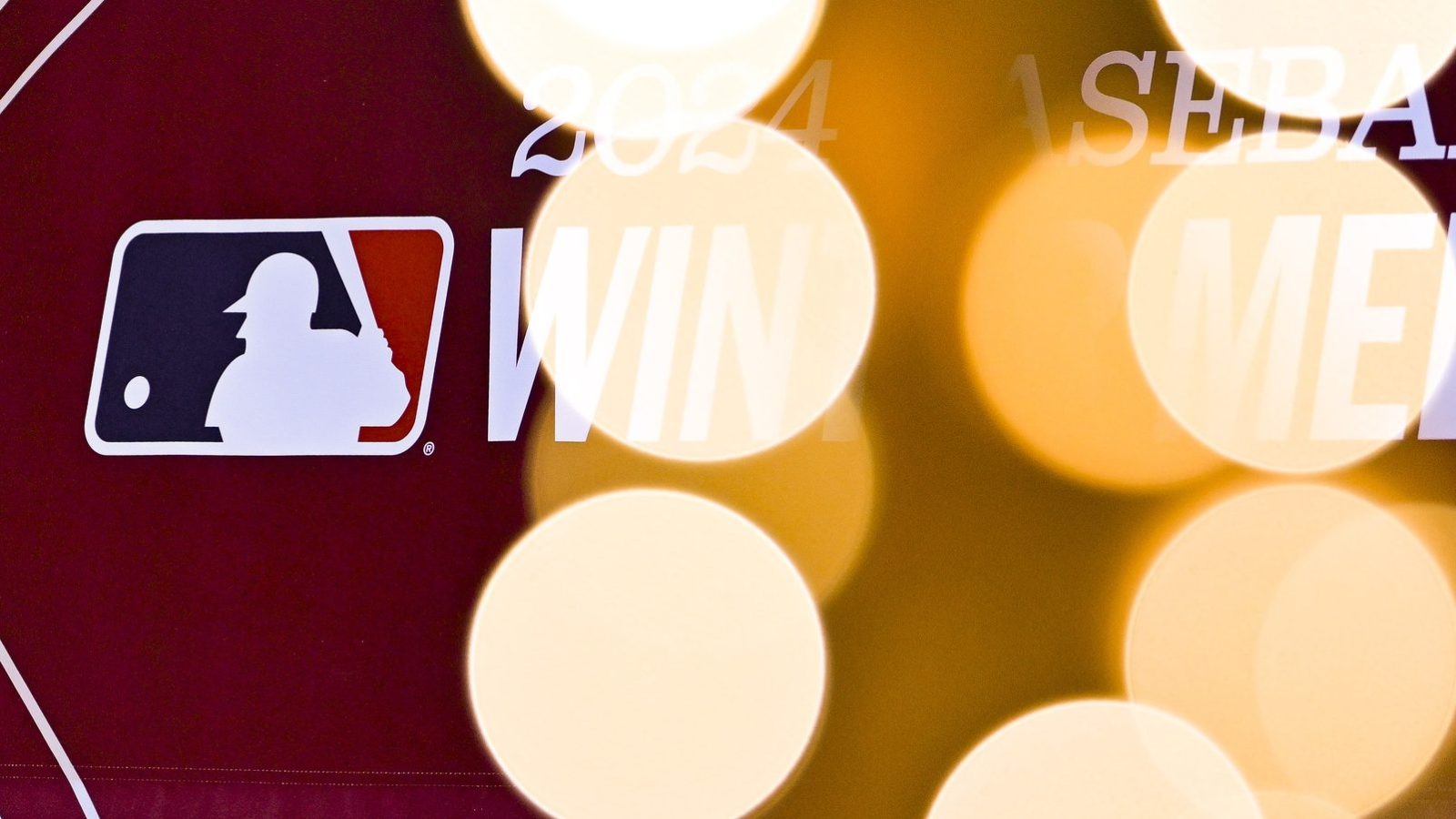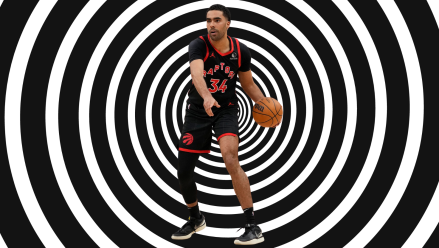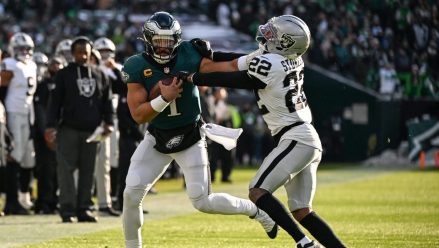Kalshi is reviewing $162,000 worth of baseball trades placed during a 12-second window — including many at improbable odds — the exchange revealed last week.
In a short exchange notice issued July 3, Kalshi wrote: “Pursuant to its Rule 5.10 (“Trade Cancellations”), KalshiEX LLC hereby gives notice that trades made between 8:00:26 ET and 8:00:37 in KXMLBGAME markets are currently under review under Rule 5.10(c).” InGame became aware of the notice –which was posted the same day the trades occurred — via a Thursday Discord post.
Rule 5.10 (c) states that “Kalshi may review a Trade based on its own analysis of the market or pursuant to a request for review by a Member or other third party.” It’s not clear from the notice if Kalshi found the unusual activity on its own or if it was flagged. InGame requested more information Friday, but Kalshi did not respond.
Trading data looks unusual
Kalshi trading data analyzed by InGame suggests that the trading on these markets does appear unusual, though the exact goal of the trades, or error that allowed them to happen, is not certain.
In total, 146 trades on MLB game outcomes were made in 12 seconds, worth a combined $162,577. The trades were spread across 10 different games, suggesting that the bets were not related to factors affecting only one game, such as the announcement of an injury.
Kalshi sometimes separates what might be a single trade for one user into multiple trades, depending on how it was matched, so the actual number of trades made could be lower.
The $162,577 trading total represents about 0.7% of all volume on the entire Kalshi exchange that day.
Trading on Kalshi opens at 8 a.m. ET every day, so a higher level of trades within the first minute is not unusual. However, on July 2 there was not a single MLB game trade made during the equivalent 12-second window, and only four – worth less than $100 combined – within the entire first minute of trading.
Previous Thursdays also did not have similarly large volumes of early bets. On 26 June, the first MLB game bet was made at 8:03 a.m. The Thursday before (19 June) saw a much smaller early flurry — worth around $1500 — in the opening seconds after the markets reopened, but again no bets during the 8:00:26 to 8:00:37 window. The last Thursday in which a bet occurred during the equivalent 12-second period was 12 June, when a single trade was made, worth $69 in volume.
In addition, a large number of the trades made on the morning of July 3 were worth exactly $866 worth of volume. In total, 91 of the trades were valued at this amount. Again, some of these trades may represent a larger trade broken into smaller pieces by the exchange. However, every single game to be played on July 3 included multiple $866 trades.
A particularly unusual number of trades – 57 in just 12 seconds – were made at 99% odds, a pre-game win probability that appears impossible for any real Major League Baseball game with anything resembling normal pricing. Even in matchups between some of the best and worst teams in baseball, sportsbooks almost never price MLB favorites shorter than -500, which implies an 83% chance to win.
17 bets of $2,000 or more were made
The 99% trades included a bet of $8,608 for the Atlanta Braves to beat the Los Angeles Angels, to win $8,695. The Braves lost.
There were 15 other trades of at least $2,000 at 99% odds. That included a $7,245 bet to win $7,318 on the historically hapless Rockies, which won as Colorado defeated the Astros in extra innings. There was also one $2,000 bet at longer odds.
Given the spread of trades across an entire day’s slate of MLB game outcomes, it seems extremely unlikely that the trades could be connected to a match-fixing scheme. Successfully organizing such a scheme would involve unprecedented levels of coordination.
One more innocuous explanation could be that a technical error on the exchange or involving a large trading bot may have caused trade offers to be erroneously placed at 99% odds, which were matched quickly by bots or human traders recognizing that the trade offered them an unusually good price. Alternatively, the unusual prevalence of bets at 99% odds could alternatively suggest the review could be related to suspected money laundering.
Further possibilities — whether related to some kind of error or deliberate action — could also be on the table.
The notice issued on 3 July is the only “Trade Review” Kalshi has issued in its log going back to 2021, suggesting that whatever caused the review was not a common occurrence.







